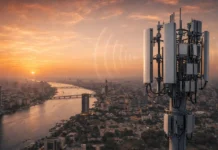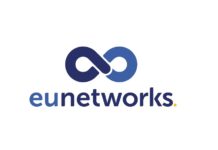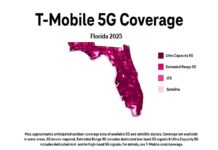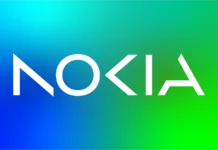Korean electronics giant takes a different approach to wallet replacement with LoopPay acquisition.
Apple and Samsung are headed for a showdown in the mobile wallet market after the latter agreed to acquire m-payment specialist LoopPay.
Founded in 2012, U.S.-based LoopPay’s solution takes the form of a smartphone case or fob that synchronises with an app that stores the user’s card information and security credentials. Samsung was an early investor in the company, along with Visa and retail finance specialist Synchrony Financial.
Unlike Apple Pay, which is based on near field communications (NFC) and requires a contactless payment terminal to work, LoopPay uses its patented Magnetic Swipe Transmission (MST) technology, which uses the part of the merchant’s payment terminal normally used for reading a credit card’s magnetic strip. The advantage of this is that it works with 90% of the world’s card readers.
There are two disadvantages to LoopPay though: it still requires the user to input a PIN number to authorise a payment, whereas Apple Pay transactions can be carried out using an iPhone’s fingerprint ID system, and it relies on dedicated hardware to work, while Apple Pay uses hardware integrated into its iPhones.
However, LoopPay’s acquisition by Samsung will doubtless see MST technology appearing on its smartphones and wearables.
“We are excited to join the Samsung family to continue our goal of making smartphones trusted, secure smart wallets and unlock the limitless possibilities of mobile-enabled commerce,” said Will Graylin, CEO and co-founder of LoopPay, in a statement on Wednesday.
“This acquisition accelerates our vision to drive and lead innovation in the world of mobile commerce. Our goal has always been to build the smartest, most secure, user-friendly mobile wallet experience, and we are delighted to welcome LoopPay to take us closer to this goal,” added JK Shin, head of Samsung’s IT and Mobile division.
LoopPay will become a subsidiary of Samsung Electronics America but will continue to operate independently out of Boston. Graylin and fellow co-founder George Wallner will stay at the company.
Financial terms were not disclosed.






















